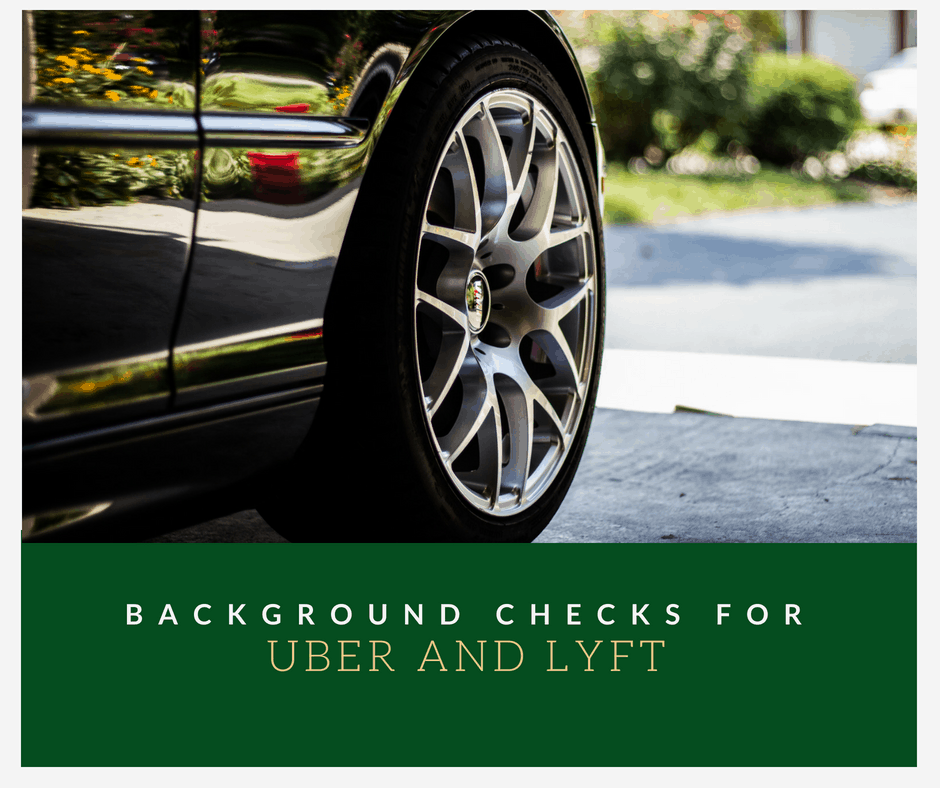 Rideshare companies Uber and Lyft have, according to recent reports, approved thousands of driver applicants who should have been denied based upon a criminal record. Though Uber insists that its background checks are robust and that 200,000 people failed in 2017, the news continues to be filled with stories of assaults and theft by rideshare drivers.
Rideshare companies Uber and Lyft have, according to recent reports, approved thousands of driver applicants who should have been denied based upon a criminal record. Though Uber insists that its background checks are robust and that 200,000 people failed in 2017, the news continues to be filled with stories of assaults and theft by rideshare drivers.
Part of the reason behind this disconnect could be the types of background checks being conducted. Uber actually led a coalition of rideshare companies and successfully lobbied to not use fingerprint scans or government screenings as part of their background investigation processes. These might have been helpful in vetting candidates. At the same time, checks based solely on fingerprints often miss important information housed in non-government databases or provided by references.
What’s the answer for Uber and Lyft, then? Perhaps a combination of data- and fingerprint-based background checks could improve the situation. Due diligence is an important aspect of any background investigation, as well, and it is likely that rideshare companies haven’t allocated the manpower to enable following up on every bit of questionable information turned up in their checks.
As a bit of background, here are some of the key differences between data-based checks and those using fingerprints. When organizations like the FBI conduct background investigations, they use Identity History Summary Checks (IdHSC). In essence, these checks cull court and law enforcement records to find all of an individual’s criminal history. In some instances, information based on federal employment, naturalization, or military service are also included. The IdHSC use fingerprints and their associated records as the basis for reporting, so any activities involving the government and an individual’s fingerprints could be included.
However, an IdHSC does not include information that traditional background checks turn up. Past non-government employment history; bankruptcies, liens, and judgments; education verification; motor vehicle records; and more would not be included in the FBI’s check because fingerprints would not be connected to those activities. Additionally, a number of high-profile incidents of late have highlighted the flaws and holes in the federal background check system due to incorrect database entries and misfiled information.
In order to successfully vet applicants, Uber and Lyft should consider a combination of the afore-mentioned checks. A fingerprint check is a good first step, but should always be followed up with a thorough, due-diligence based investigation.
In addition, Uber and Lyft can ensure they have the most up-to-date information by ordering a thorough background investigation not fully reliant on government sources. Looking into an individual’s employment history, educational background, Office of Foreign Asset Control sanctions, department of motor vehicle history, and more can paint a fuller picture than a check based on fingerprints alone.
Alliance Risk Group is well versed in background investigations for a variety of industries and can help you to mitigate risk when it comes to your potential hires and current staff. Our background checks do not rely on fingerprints, and we use a variety of sources to provide a thorough and complete look at your potential hires to ensure accuracy. Phone interviews with past employers or educational institutions can make a big difference when it comes to providing the whole picture of an applicant’s past. If you’d like to learn more, please contact us today!
To read more about background checks and how they can help mitigate risk in your industry, click here.
